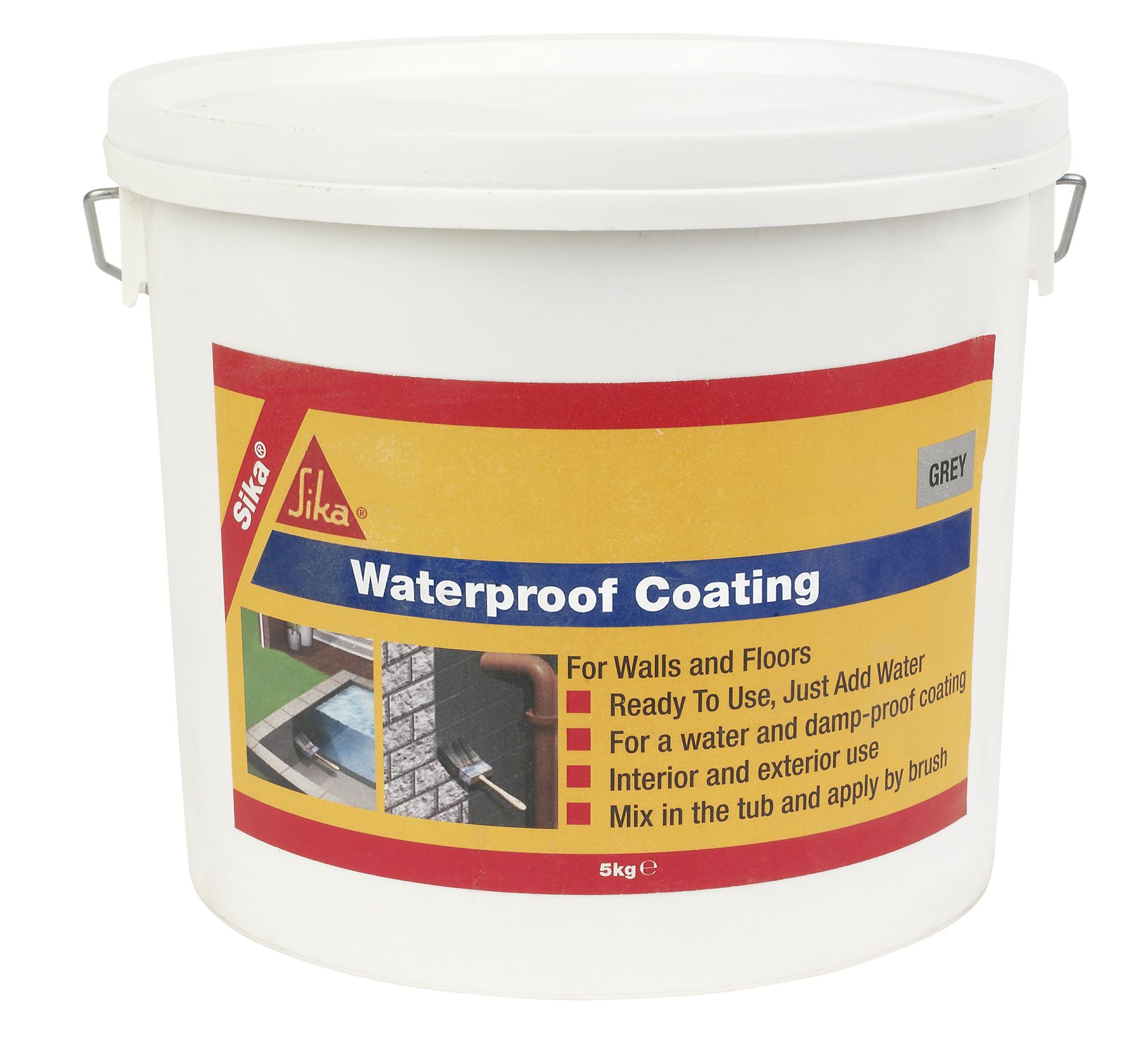Waterproofing is a essential consideration for property owners and property managers alike, yet it often falls to the side until the harm is done. With the danger of moisture infiltration posing a major threat to the integrity of buildings, understanding the significance of waterproofing becomes crucial. Whether you are looking to protect your property from flooding or simply want to prevent mold growth in your cellar, the appropriate waterproofing solutions can save you thousands in repairs and ensure a secure living environment.
However, when it comes to executing waterproofing projects, many people find themselves torn between do-it-yourself methods and hiring specialized services. Each option carries its own set of benefits and limitations. In this article, we will explore the key factors to consider when choosing between a DIY method and seeking the help of a skilled waterproofing contractor. By outlining essential waterproofing strategies and debunking common fallacies, we aim to provide you with the knowledge necessary to make an informed decision that best suits your needs.
Comprehending the Importance of Waterproofing
Water resistance is an crucial aspect of maintaining any home or building, as it safeguards properties from the damaging effects of water infiltration. Water can permeate into basements, walls, and ceilings, causing substantial damage over time. By adopting proficient waterproofing techniques, property owners can prevent issues like mold growth, building decay, and costly repairs down the line. This preemptive approach not only preserves the structural soundness of a home but also improves its overall marketability and lifespan.
Overlooking waterproofing can lead to critical consequences. Many residents do not realize the severity of damage that moisture can cause until it is past the point of no return. Signs such as musty odors, stained surfaces, or damp basements should not be overlooked, as they may indicate underlying issues that require prompt attention. The expense of disregarding these red flags can be significant, making it crucial for homeowners to understand the necessity of swift water resistance measures to avoid greater expenses in the time to come.
Moreover, waterproofing is not just about defending structures; it also leads to safer living environments. Too much moisture can lead to the growth of mold and mildew, posing serious health risks to inhabitants. By ensuring that houses are adequately water resistant, not only are property damages averted, but the overall air quality and comfort within the location get better. Thus, choosing the right waterproofing solutions is vital for both safety and comfort, reinforcing the significance of this critical procedure.
Do-It-Yourself vs. Professional Waterproofing: Choosing the Best Choice
When it comes to waterproofing your home or property, you may find yourself weighing the choices between do-it-yourself solutions and contracting professionals. One of the main benefits of a DIY approach is saving money. Many homeowners feel assured in tackling waterproofing projects themselves, particularly with the abundance of online resources and products available. If you have some basic skills and the appropriate materials, you can handle minor issues, like sealing cracks or putting on waterproof coatings. Nonetheless, it's essential to keep in mind that not all waterproofing jobs are suitable for a DIY approach, and mistakes can lead to significant water damage down the line.
Conversely, professional waterproofing services offer knowledge and a guarantee of high-quality work. Experienced contractors have the knowledge and specialized tools necessary to address challenging waterproofing issues efficiently. They can assess your property's unique needs and recommend tailored solutions that may not be apparent to an untrained eye. Additionally, professional waterproofing often comes with guarantees, which provide peace of mind knowing that any future issues concerning the work done will be covered.
In the end, the decision between DIY and professional waterproofing depends on the seriousness of the problem and your level of expertise. For small, manageable jobs, a DIY approach may suffice. On the contrary, for larger projects or serious issues, investing in professional services can save you time, effort, and potentially significant repair costs in the future. Evaluating your capabilities and the particular needs of your property will guide you toward the most effective choice for efficient waterproofing.
Key Water-proofing Methods for Property Owners
Homeowners can implement several efficient waterproofing techniques to safeguard their properties from moisture damage. french drain installation of the most vital measures is ensuring adequate drainage around the base. This involves grading the landscape away from the home to channel rain away from the home, as well as placing gutters and downspouts to manage roof runoff. Frequently cleaning these systems helps prevent blockages that could lead to water pooling near the foundation, considerably reducing the risk of leaks and construction damage.
Another essential technique is using waterproof coatings to both interior and outdoor surfaces. Using high-quality sealants on basement walls and floors helps create a shield against moisture intrusion. For outdoor walls, select suitable paint or membrane systems designed for waterproofing, making sure to cover all vulnerable areas carefully. Additionally, homeowners should always treat any cracks and gaps in their walls and basements to halt water seepage before applying these coatings.
Finally, maintaining a humidity-controlled environment inside is essential for stopping mold and mildew growth. Property owners should consider investing in dehumidifiers, especially in basements and crawl spaces where moisture tends to gather. Consistently inspecting and sealing areas prone to leaks, such as near windows and doors, also plays a crucial role in keeping indoor spaces dry. By combining these techniques, property owners can defend their homes and enhance their longevity against water damage.

